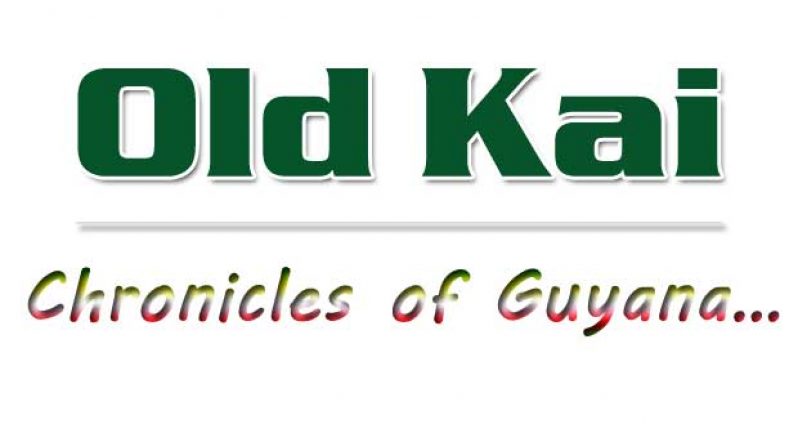We are not puppets of the US
– Ambassador Hardt would do well to educate Guyanese about his country’s ‘Insider Threat Programme’
OLD Kai had could not help but chuckle after reading the comments attributed to Mr. Brent Hardt, US Ambassador to Guyana, on the occasion of World Press Freedom day on May 2, 2014.
As has become customary, the US top diplomat in Guyana is reported to have launched into his usual tirade against the Guyana Government, this time focusing on the Opposition media. This specific terminology to describe a section of the media which both privately and publicly act as cheerleaders of the opposition apparently irked Mr. Hardt. However, a casual glance at the majority of those receiving awards from the US ambassador reinforces rising concern that they are developing a clone with this particular section of the local media similar to its policy with media houses in the USA.
Maybe it was by mere coincidence that the Editor-in-Chief of the Stabroek News was being rewarded by the US Ambassador days after he lambasted the Guyana Government in an editorial for not focusing more of its foreign policy on the US, so as to be their proxy in South America, as opposed to the current policy of expanding Guyana’s foreign policy across the globe, especially with countries that are set to dominate the global economy in the next decade.
The US Government also funded ‘exposure trips’ for at least two of the others recognised by the Ambassador. Interestingly, the Editor-in-Chief of the Kaieteur News was rewarded for his sterling work in the media fraternity, and Old Kai wonders if that includes using the newspaper to launch nasty attacks against public officials, including reference to a female as a ‘prostitute’ and other degrading references to females in general. Then there is Mackie’s boy, but that is another story which I will deal with at some point, save to say that the individual has been the main ‘cheerleader’ of the US in the local media fraternity for several years.
There are a few there who I think genuinely deserve their awards, and kudos to them. That aside, the US Ambassador clearly entered the realm of opposition politician when he launched a scathing attack on the integrity of officials at the Broadcast Authority by inferring that they had not been fair thus far in their issuance of licenses. Not satisfied with trying to dictate local politics through their ‘democracy project’, the Ambassador now wants to dictate the functions of various State agencies. What the US official will not say is that licenses have been issued to a wide cross-section of applicants, and are spread in geographical regions. His attack on the Broadcasting Authority is designed to intimidate officials there, and makes him guilty of what he is accusing others of.
Another misadventure is when Mr. Hardt attacks the State media of not including anything supportive of the Opposition, but then chose to reference an incident where, according to him, recordings of the Opposition’s Budget presentations were being aired in the State Media at a time he was not supportive of.
This attempt to paint the media in Guyana as operating in a repressive system under the present PPP/C Government by the US Ambassador is most unfortunate, and is a clear attempt to distort the reality on the ground, and of what occurs. The media has enough latitude, to the point where there is an increase in cases of abuse. Yet they continue to practise their profession without fear, so much so that they can launch scathing attacks on any State official at will; ridicule officials; try to tarnish their reputation; and the US Ambassador would have the gumption to try and paint a picture that the local media is under some form of attack.
He clearly is mixing Guyana up with the US, and in his concern for the state of the media internationally, he omitted what is the fate of journalists in his country, and the increasing pressure they are facing. He should educate the Guyanese population on the US Government’s ‘insider threat programme’ which targets the media, or the fact that they secretly collected information on over 100 journalists operating in the US. In fact, this is how David Sanger, a veteran chief Washington correspondent of the New York Times recently described his current experience as a journalist in the United States, “This is the most closed, control-freak administration I’ve ever covered.”
But the US Ambassador lectures Guyana on the importance of the media and its role in society. The United States cannot be practising this type of dishonest foreign policy; engage in this type of behaviour to undermine our nation’s image internationally; and then expect this country to not take umbrage. We are not puppets of the US, and the sooner Mr. Hardt realises this, the better. So he can change his imperialist tone, and work in a genuine manner to strengthen the historic partnership between our two countries.




.jpg)










